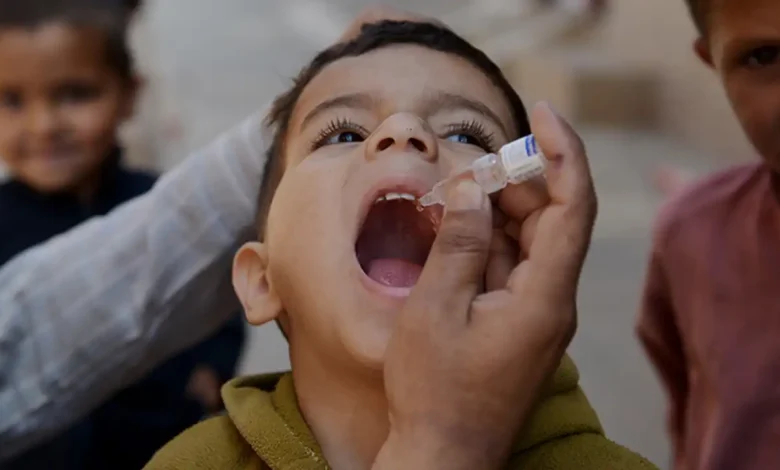Polio Virus Detected In Environmental Samples From Dadu

The polio virus has been detected in the environmental samples from Dadu.
According to officials, it is the first time this year that the polio virus has been detected in environmental samples from Dadu. So far, 52 districts of Pakistan have shown a positive existence of the polio virus in environmental samples.
The virus has also been found in samples from Islamabad, Rawalpindi, Karachi, Hyderabad, Quetta, and Loralai. This year, nine children in Pakistan have been affected by polio.
Health experts have expressed serious concern over the presence of the polio virus. They warned that this disease is capable of inflicting lifelong disability on children. Effective measures for the elimination of polio should be taken. Parents need to be informed about the importance of polio vaccination and contacted regularly for immunization of their children.
Read Also: Increase In COVID-19 Cases And Deaths Across The Globe
Experts have said that Pakistan needs to get more serious about finishing off polio. Parents should be aware of the polio vaccine and get their children vaccinated on time to protect them from this menace.
They further added that public awareness is one of the prime necessities to root out the fatal disease. People should be made aware of the effectiveness of the polio vaccination and the serious consequences of the crippling disease, they said. Media, educational institutions, and voluntary social organizations can contribute much towards raising public awareness.
The media, educational institutions, and social organizations can also play a great role in raising public awareness. For making people aware of the benefits of the polio vaccine and the risks of the disease, so that they may participate in the vaccination process to make Pakistan polio-free, campaigns must be held.
To combat the spread of polio, the government has initiated nationwide immunization drives, deploying health workers to administer vaccines door-to-door in various communities. Despite these efforts, there are still challenges in certain regions where vaccine hesitancy and misinformation prevail, hindering the overall eradication efforts.